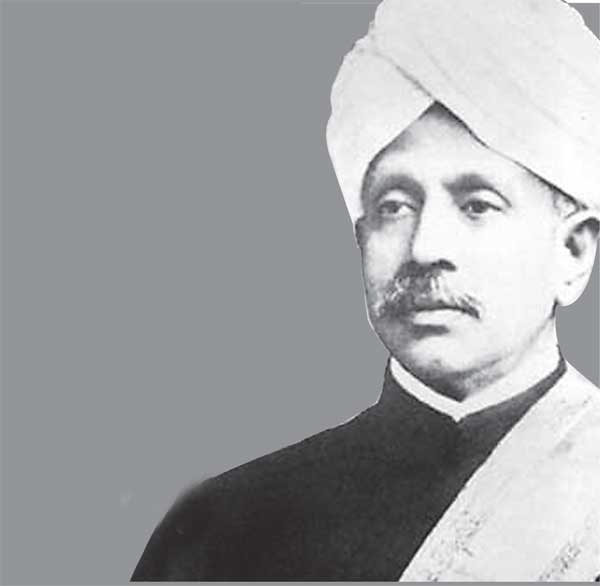Reply To:
Name - Reply Comment
Last Updated : 2024-04-25 22:46:00


Justin Monday, 14 January 2013 10:58 AM
They have made the people to be poor as never before.
Last week, the opposition legislators had a massive demonstration and brought an impeachment motion against their head of state in Hong Kong.
Leung Ching-Ying, the head of state, was accused of; a) using dishonest ways to win election and be in power, b) serious breaches of law and c) dereliction of duty.
Surely, Sri Lankans are living in a Zoo !! In a Zoo, you accept what the Zookeeper does regardless of what is right or wrong, good or bad. If the Zookeeper pisses on the face and calls it rain, the message is "shut up and live with it".
Justin Monday, 14 January 2013 10:58 AM
The government of Sri Lanka(GOSL) has gone rogue; breaching the constitution, rule of law, Human Rights and civilised behaviour.
Mahinda Rajapakse and the entire 155 legislators who voted to impeach the Chief Justice, are themselves said to be 100 percent corrupt and dishonest.
These kleptocrats are believed to be looting the state and stashing the loot abroad or keeping with their kith and kin.

Add comment
Comments will be edited (grammar, spelling and slang) and authorized at the discretion of Daily Mirror online. The website also has the right not to publish selected comments.
Reply To:
Name - Reply Comment
US authorities are currently reviewing the manifest of every cargo aboard MV
On March 26, a couple arriving from Thailand was arrested with 88 live animal
According to villagers from Naula-Moragolla out of 105 families 80 can afford
Is the situation in Sri Lanka so grim that locals harbour hope that they coul